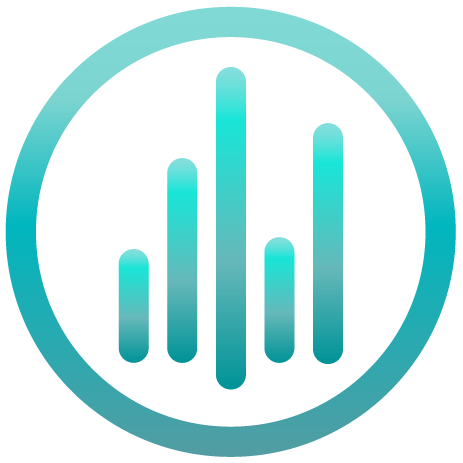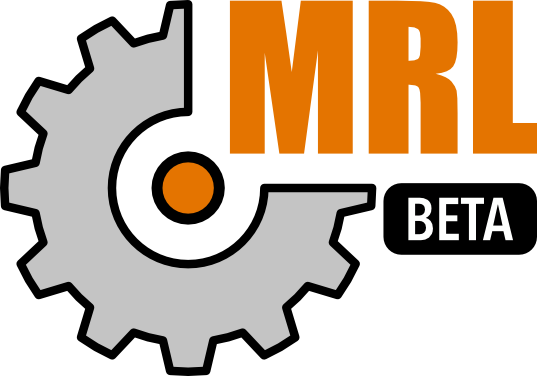Design & Development

SENTANA

My Research Lab

graphed
Teaching
Introduction to Applied Statistics (graduate), College of Education, Department of Educational, School & Counseling Psychology, University of Missouri Columbia, 2020-present
Foundations of Educational & Psychological Measurement (graduate), College of Education, Department of Educational, School & Counseling Psychology, University of Missouri Columbia, 2022-present
Research Capstone - Education (graduate, dissertation advising), Walden University, College of Education, 2011-present
Research Foundations Courses (graduate, dissertation preparatory courses), Walden University, College of Education, EDD and PhD programs in education, 2021-present
Research
Causality & causal reasoning
Causality is pervasive and ubiquitous. It helps build intellectual understanding, supports deliberations, is involved in planning, in technology, and even in language. It is part of everyday decisions, requiring implications and consequences to be considered in the process of evaluation and judgment. Causality is also a construct of intelligence. Its understanding is critical to cognition and learning. I am working towards understanding how we can help people reason and learn in causal contexts.
Online, Web-Based Real-Time-Response (RTR) Measurement
RTR is a research method used to collect continuous response judgments or evaluations during media exposure. Traditional RTR tools use expensive, specialized equipment to capture participant responses in laboratory settings. Today’s computer technologies offer capabilities that could potentially enable the widespread use of this research method through the web, reaching subjects in the real-world conditions. And while technologies already exist, I found that there is a need to study how well these technologies can match the results obtained using specialized data collection equipment. The SENTANA application is based on this line of research.
Publications
Ionas, I.G. & Geana, M.V. (2026). Virtualized Versus Hardware-Based Real-Time-Response Measurement for Research on Mediated Content. Social Sciences & Humanities Open, Vol 13, DOI: https://doi.org/10.1016/j.ssaho.2026.102458.
Ionas, I.G. & Geana, M.V. (2021). graphed: A Web-Based Concept Mapping Application for Instruction and Research. Proceedings of the 7th International Conference on Higher Education (HEAd'21), Universitat Politecnic de Valencia, Valencia, 2021, DOI: http://dx.doi.org/10.4995/HEAd21.2021.12911.
Easter, M.A. and Ionas, I.G. (2016). The design and development of an online tool to strategically support knowledge acquisition for improved educator practice. Int. J. Innovation in Education, Vol 3, Nos. 2/3, pp. 122-135.
Ionas, I.G., Easter, M.A., Miller, W., & Neumeyer, G. (2012). Using Open-Source Tools to Design and Develop the Online Component of a Blended-Learning, Instructor-Led Course. International Journal of Designs for Learning, 3(1), p. 12-26.
Ionas, I.G., Cernusca, D. & Collier, H.L. (2012). Prior knowledge influence on self-explanation effectiveness when solving problems: An exploratory study in science learning. The International Journal of Teaching and Learning in Higher Education, 24(3), p. 349-358
Schmidt, M., Easter, M., Jonassen, D. H., Miller, W., & Ionas, I. G. (2008). Preparing the twenty-first century workforce: the case of curriculum change in radiation protection education in the United States. Journal of Vocational Education & Training, 60(4),p. 423-439.
Jonassen, D. H., & Ionas, I. G. (2008). Designing effective supports for causal reasoning. Educational Technologies Research and Development, 56, p. 287-308.
Johannes, M.J. Strobel, David H. Jonassen, Ioan Gelu Ionas (2007). The evolution of a collaborative authoring system for non-linear hypertext: A design-based research study. Computers & Education, 51(1), p. 67-85.
